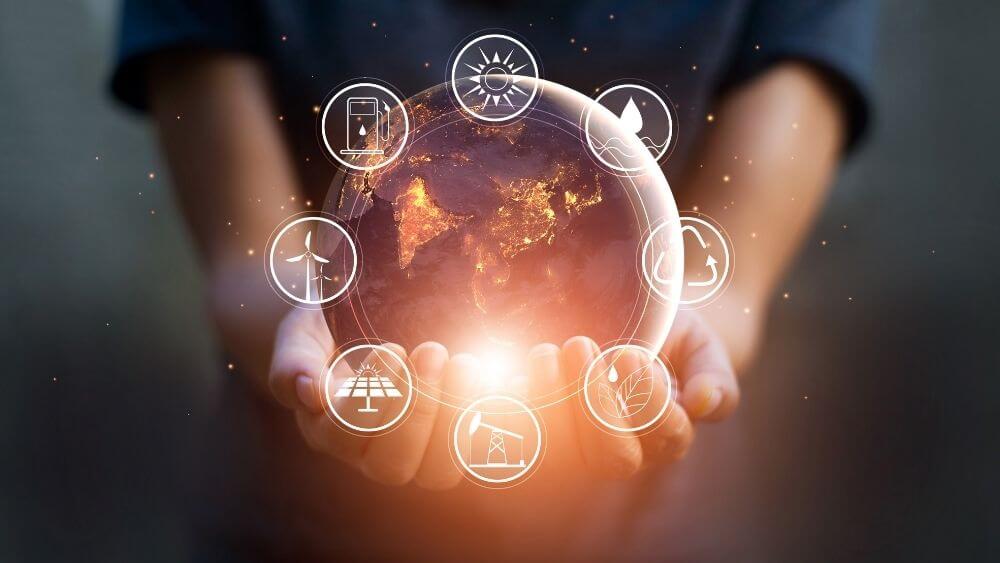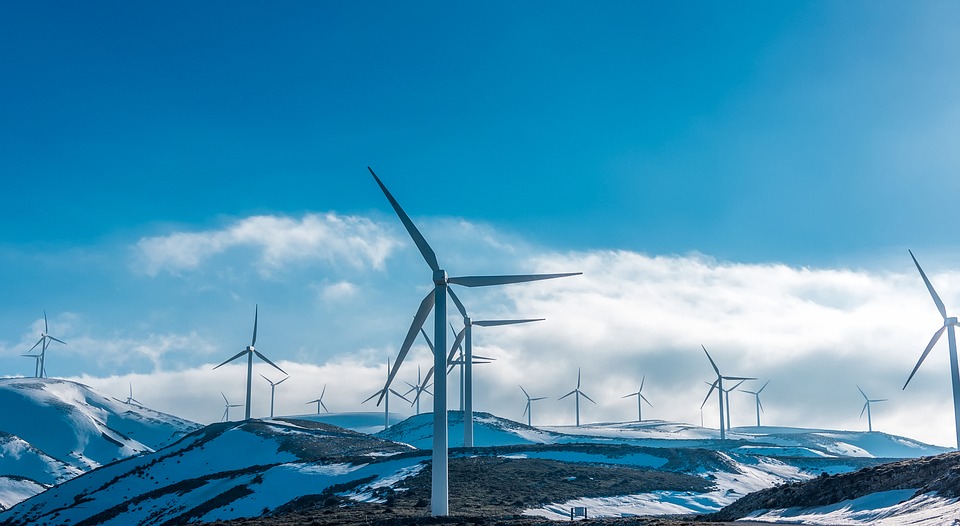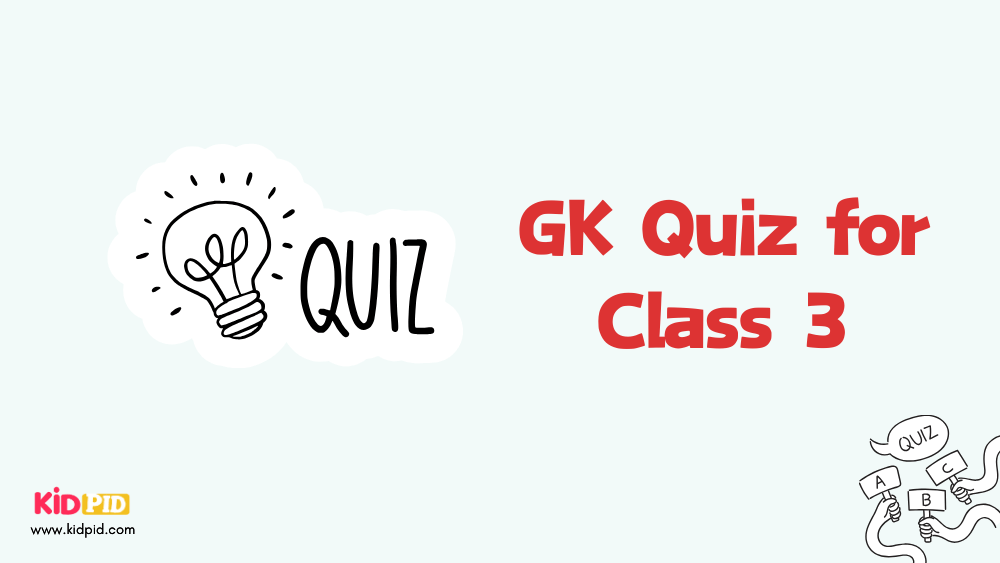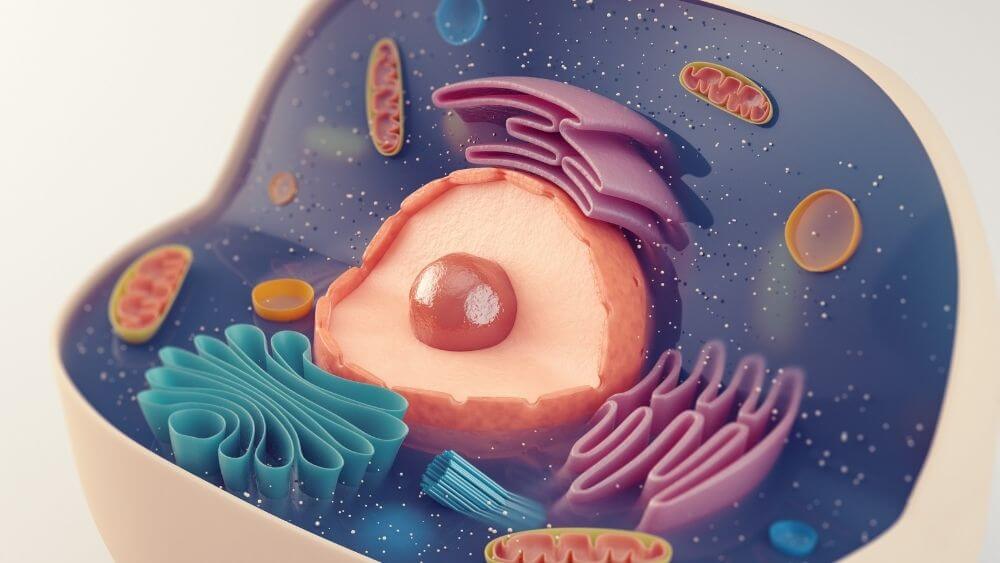What is energy?

- The basic definition for energy is the capacity to do work.
- There are many forms of energy such as potential energy, kinetic energy, heat energy, nuclear energy, chemical energy, etc. Energy is also a synonym for power.
- Everybody or every object requires some form or kind of energy to perform work.
- Energy is required by our body to do work and that work can be anything such as sitting, walking, running, swimming, etc.
- Just like everything else, energy is denoted by a specific unit. Energy is measured in a particular unit called Joule, named after the English physicist, James Prescott Joule.
- Energy and its exchange are governed by several laws. One particular law for energy is known as the law of conservation of energy; this law states that energy can neither be created nor destroyed, it can only be changed from one form to another.
Contents
The biggest example of this is:
- Sun produces solar energy or sun rays that reach the earth in multiple places.
- These rays are absorbed by plants, to help them in the process of photosynthesis.
- The energy from sun rays is converted into storable sugar by plants for eg wheat plant stores the energy in the form of sugar to use for its own growth. Thus, in this process, solar energy is utilized and converted to chemical energy. This chemical energy is then utilized by the plant to perform the necessary metabolic functions.
- Wheat is commonly used for making food products, most commonly bread. So, when we consume bread, the energy stored by the wheat is then transferred to our bodies.
- This is basically how we obtain energy and nutrition from the foods we consume.
- The conserved energy from the bread is converted into kinetic energy in our bodies.
There are two types of energy:
- Non-Renewable energy- The form of energy that can not be renewed once used is known as non-renewable energy. For example, CNG(compressed natural gas) used by vehicles cannot be renewed once it has been burned/consumed.
- Renewable energy- It is the type of energy that can be renewed or reused even after had been used once. For example, hydra powers from turbines in a dam, solar energy from the sun, wind power from windmills.
Fun Facts:
- Earlier, people were known to use hydropower to grind the grains, for almost 2000 years.
- The modern windmill and turbine are capable enough to power 300 houses with their energy.
- Sun is the biggest source of energy as it is estimated that the whole world can be powered by the amount of sunlight received by earth in 1 hour.
Related Questions:
- What are the different forms of energy?
- What is a windmill?
- What is a solar cell?
True or False:
- Energy is the capacity to do work.
- Hydro power plants generate energy from the wind.
- Energy can be created in different ways.
- Energy can be changed from one form to another.
- Solar energy from sun is a type of renewable source of energy.
Objective Quiz:
- Energy is the ability to do ______.
- Work.
- Reproduce
- Create new things.
- None of the above.
- ________ is the synonym of energy.
- Power.
- Force.
- Both 1) and 2).
- None of the above.
- Law of conservation of energy states that ________.
- Energy cannot be created nor be destroyed.
- Energy can be created but cannot be destroyed.
- Energy cannot be created but can be destroyed.
- Energy can be created as well as destroyed.
- Energy can change from _________.
- One form to another.
- Less amount to greater amount
- Both 1) and 2).
- None of the above.
- _______ are the forms of energy.
- Chemical energy.
- Kinetic energy.
- Potential energy.
- All of the above.






Responses